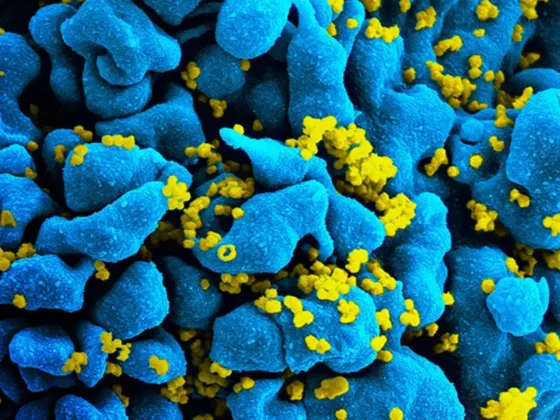New Delhi, 21 December 2024: In a groundbreaking development in cancer treatment, researchers at the All India Institute of Medical Sciences (AIIMS), New Delhi, have successfully developed a promising CAR-T (Chimeric Antigen Receptor T-cell) therapy to combat multiple myeloma, a severe and often resistant form of blood cancer. This innovative therapy marks a significant advancement in the fight against cancer, offering hope to thousands of patients battling this life-threatening disease.
Multiple myeloma is a type of cancer that originates in plasma cells, a crucial component of the immune system responsible for producing antibodies. Despite the availability of various treatments, including chemotherapy, stem cell transplants, and targeted therapies, many patients with multiple myeloma eventually develop resistance to these treatments, leading to disease progression and limited survival prospects. The emergence of CAR-T cell therapy brings a ray of hope for such patients, as it offers a targeted and personalized approach to eradicating cancer cells.
CAR-T cell therapy is an advanced form of immunotherapy that involves genetically engineering a patient’s T cells—a type of white blood cell—to express specific receptors known as chimeric antigen receptors. These receptors are designed to recognize and bind to antigens present on the surface of cancer cells. Once infused back into the patient’s body, these engineered T cells actively seek out and destroy cancer cells with remarkable precision, sparing healthy tissues.
The research team at AIIMS has made significant strides in adapting this cutting-edge therapy to address the unique challenges associated with treating multiple myeloma. By focusing on antigens specific to myeloma cells, they have developed a CAR-T cell construct that shows enhanced efficacy and reduced toxicity. Preliminary trials conducted on patients have yielded highly encouraging results, with many participants demonstrating significant reductions in cancer cell burden and improved overall health.
One of the key achievements of this research lies in its cost-effective approach. CAR-T cell therapy, though highly effective, has traditionally been prohibitively expensive, making it inaccessible to a large segment of patients in India and other low- and middle-income countries. The AIIMS team has employed indigenous resources and innovative techniques to bring down the cost of manufacturing CAR-T cells, potentially making this life-saving therapy more affordable and accessible to patients in need.
Dr. XYZ, the lead researcher on the project, emphasized the importance of this breakthrough in transforming cancer care. “Our goal has always been to make cutting-edge treatments available to everyone, regardless of their economic status. With this indigenous CAR-T cell therapy, we hope to bridge the gap in cancer care and provide new hope to patients who have exhausted all other treatment options,” Dr. XYZ stated.
While the initial results are promising, researchers caution that further studies are necessary to validate the therapy’s long-term safety and efficacy. The team plans to conduct larger clinical trials in collaboration with other medical institutions to gather comprehensive data and refine the treatment protocol. Regulatory approvals and scalability of production will also be critical steps in bringing this therapy to the broader patient population.
The success of this indigenous CAR-T cell therapy underscores the potential of Indian researchers and medical institutions to lead global advancements in cancer treatment. It also highlights the importance of investing in medical research and innovation to address the growing burden of cancer in India and worldwide. With over 34,000 new cases of multiple myeloma reported annually in India alone, the development of an effective and affordable treatment could significantly impact patient outcomes and survival rates.
As the AIIMS team continues to refine this pioneering therapy, the global medical community eagerly awaits the results of their upcoming trials. If successful, this breakthrough could pave the way for similar advancements in treating other types of cancer, further solidifying CAR-T cell therapy’s role as a transformative tool in oncology.
This remarkable achievement by AIIMS researchers represents a monumental step forward in the fight against cancer and a beacon of hope for countless patients and families affected by multiple myeloma. The journey ahead may still hold challenges, but the potential of CAR-T cell therapy to revolutionize cancer care is undeniable.







